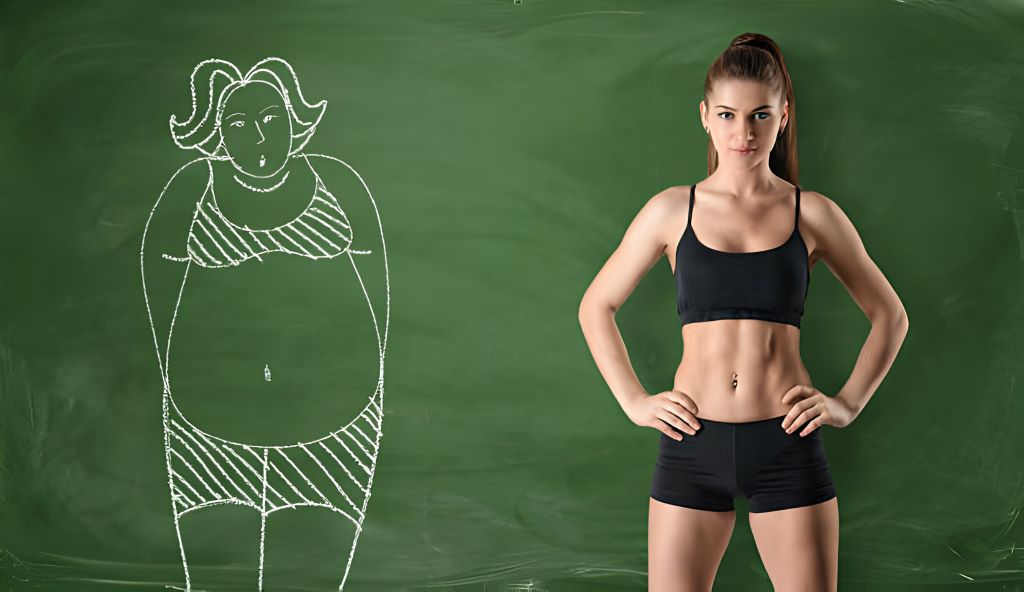In sports, every bit of improvement counts, whether it’s running faster or jumping higher. But did you know that managing weight can play a big role in how well athletes perform? That’s where weight loss guidance comes in. In this article, we’ll look at how getting help with losing weight can give athletes a real boost.
Understanding Weight and Sports
Think of weight like the engine in a car. If it’s too heavy, the car won’t go as fast. Athletes need to find the right balance with their weight to perform their best. Being too heavy can slow them down or make them tired quickly. But being too light can also cause problems, like not having Embarking on a journey to optimize athletic performance and overall well-being involves understanding the intricate relationship between weight management and sports.
At Vitality Healthcare Group, we recognize the importance of this connection and offer comprehensive resources and guidance to athletes seeking to achieve their fitness goals while maintaining optimal health and enough energy to keep going.
How Weight Loss Helps
When athletes get help with losing weight, it’s not just about dropping pounds. It’s about finding smart ways to do it. They might change what they eat or how they train to lose weight while still staying strong and healthy. That means they can move faster, last longer, and reduce their chances of getting hurt.
Different Sports, Different Plans
Not all sports are the same, so weight loss plans shouldn’t be either. Athletes in different sports need different strategies. For example, wrestlers might need to lose weight to fit into a specific weight class. Endurance athletes, like runners or cyclists, might focus on getting leaner to keep going for longer. And those who need strength, like weightlifters, might work on losing fat while keeping their muscles strong.
Staying Strong in the Mind
Losing weight isn’t just about the body it’s also about the mind. Athletes might feel pressure to look a certain way or worry about how weight loss will affect their performance. That’s why it’s important to have support from coaches, teammates, and experts who understand the mental side of things. Keeping a positive attitude and setting realistic goals can help athletes stay on track.

Avoiding Pitfalls
While losing weight can help, doing it too quickly or in the wrong way can backfire. Crash diets or overtraining can lead to problems like feeling weak, getting injured, or even harming the body. That’s why it’s essential to take it slow, listen to the body, and get guidance from professionals who know what they’re doing.
Advanced Techniques
In addition to diet and exercise, athletes can use advanced techniques to enhance weight loss and performance. These might include methods like altitude training, which helps increase oxygen efficiency and burn more calories, or cryotherapy, which uses cold temperatures to boost metabolism and recovery. However, it’s important to approach these techniques with caution and under the guidance of experts to avoid potential risks.
Long-Term Maintenance
Weight loss clinic offers comprehensive and personalized solutions for athletes striving to achieve their weight loss goals. Athletes need to find ways to maintain their weight loss while keeping their performance at its peak. This might involve ongoing support from nutritionists and trainers, as well as developing healthy habits that become part of their lifestyle.
Tailoring Strategies to Specific Sports
Different sports demand unique physical attributes, necessitating tailored weight loss strategies. For example, athletes in weight-class sports like boxing or wrestling may undergo weight cuts to compete within specific divisions.
Endurance athletes, such as marathon runners or cyclists, may prioritize achieving a lean physique to enhance aerobic capacity and reduce the energy cost of movement. Conversely, strength-based athletes like powerlifters may focus on maximizing muscle mass while minimizing body fat to optimize the strength-to-weight ratio.

Addressing Psychological Factors
Weight loss can pose psychological challenges for athletes, including body image concerns, performance anxiety, and pressure from coaches or peers. It’s essential to provide athletes with adequate support and resources to navigate these challenges effectively.
Mental skills training, cognitive-behavioral techniques, and fostering a positive team environment can help athletes develop resilience and maintain motivation throughout their weight loss journey.
Mitigating Risks and Ensuring Long-Term Success
While weight loss can yield performance benefits, it’s crucial to approach it responsibly to avoid potential pitfalls. Rapid or extreme weight loss methods can lead to muscle loss, nutrient deficiencies, and metabolic imbalances, ultimately compromising athletic performance and overall health.
Emphasizing gradual, sustainable weight loss strategies and regular monitoring by qualified professionals is essential for long-term success and well-being.
Incorporating Advanced Techniques
Athletes may explore advanced techniques to enhance weight loss and performance, such as metabolic testing, body composition analysis, or personalized supplementation protocols. Additionally, innovations in wearable technology and digital platforms offer valuable tools for tracking progress, monitoring vital signs, and optimizing training regimens.
Fostering Long-Term Behavior Change
Effective weight loss consultation extends beyond short-term goals to promote lasting behavior change and lifestyle modification. Encouraging athletes to cultivate healthy habits, such as mindful eating, regular physical activity, and stress management, enhances overall well-being and sustains performance improvements over time.

Balancing Nutrition and Energy Needs
Athletes must strike a balance between losing weight and fueling their bodies for optimal performance. Cutting calories too drastically can leave them feeling tired and weak, while not getting enough nutrients can lead to deficiencies and health problems.
Working closely with nutritionists ensures that athletes get the right balance of macronutrients and micronutrients to support their training and recovery.
Conclusion
Weight loss guidance isn’t just about looking better it’s about performing better. By finding the right balance with weight and getting help from experts, athletes can unlock their full potential. Whether it’s running faster, jumping higher, or lasting longer, weight loss can give them the edge they need to succeed in sports and life.
With a smart approach and ongoing support, athletes can achieve their goals and reach new heights of athletic excellence.










